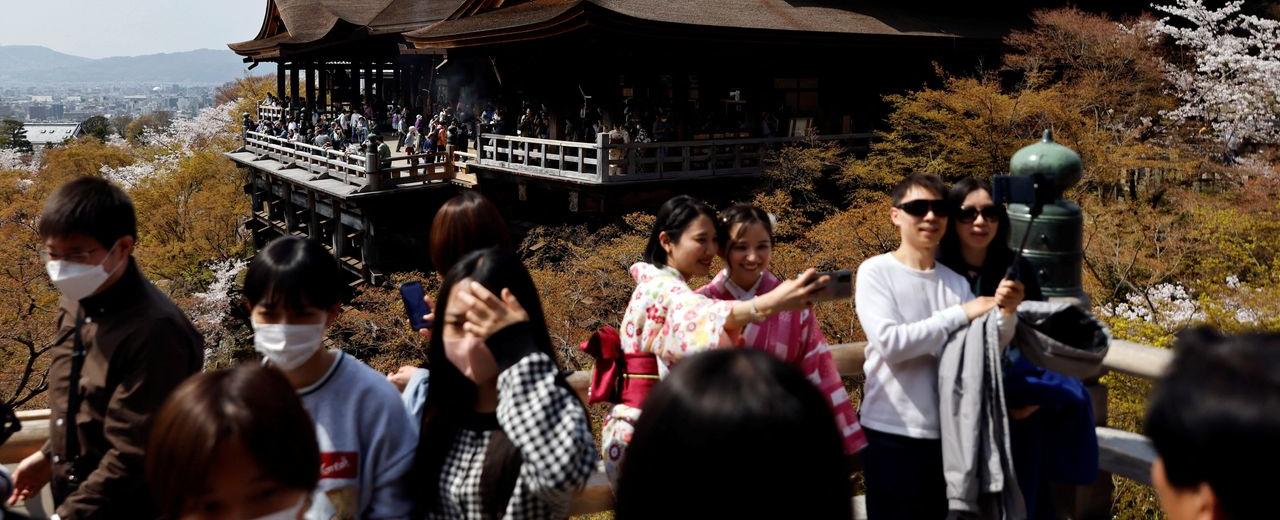Japan Decides ‘Tourism Pollution’ Is Worth It as Money Floods In

As the world’s economy struggles to find its footing, Japan has decided that ‘Tourism Pollution,’ is worth it as money floods in. The Japanese government and tourism industry have made concerted efforts to lure travelers to visit the country, including easing visa restrictions and offering more English-language information. Despite concerns about over-tourism, Japan has embraced the influx of visitors and the rise in tourism revenue that has followed.
The country’s tourism industry has seen significant growth over the last few years, with a record 31 million foreign tourists visiting Japan in 2018, up 8.7 percent from the previous year. In addition to the economic benefits, tourism has also helped revive parts of the country that had been struggling with depopulation and economic decline.
Though there have been concerns about over-tourism, particularly in places like Kyoto, Japan has managed to balance the need for tourism revenue with efforts to limit the impact of large numbers of visitors. The Japanese government, for example, has limited the number of daily visitors at some popular tourist spots.
Attracting large numbers of travelers can bring a variety of challenges, including overcrowding, environmental degradation, and cultural erosion. However, with the proper planning and management, it’s possible for a country like Japan to reap the economic benefits of tourism while minimizing the negative impacts on its natural and cultural resources.
Japan’s embrace of tourism is indicative of the tourism industry’s global impact, while also highlighting the need for effective management policies to balance the benefits of tourism with the need to protect the environment and local cultures. As travelers continue to flock to new and exciting destinations, it’s important for countries and tourism organizations to approach tourism in a responsible and sustainable way.
Quick Links

